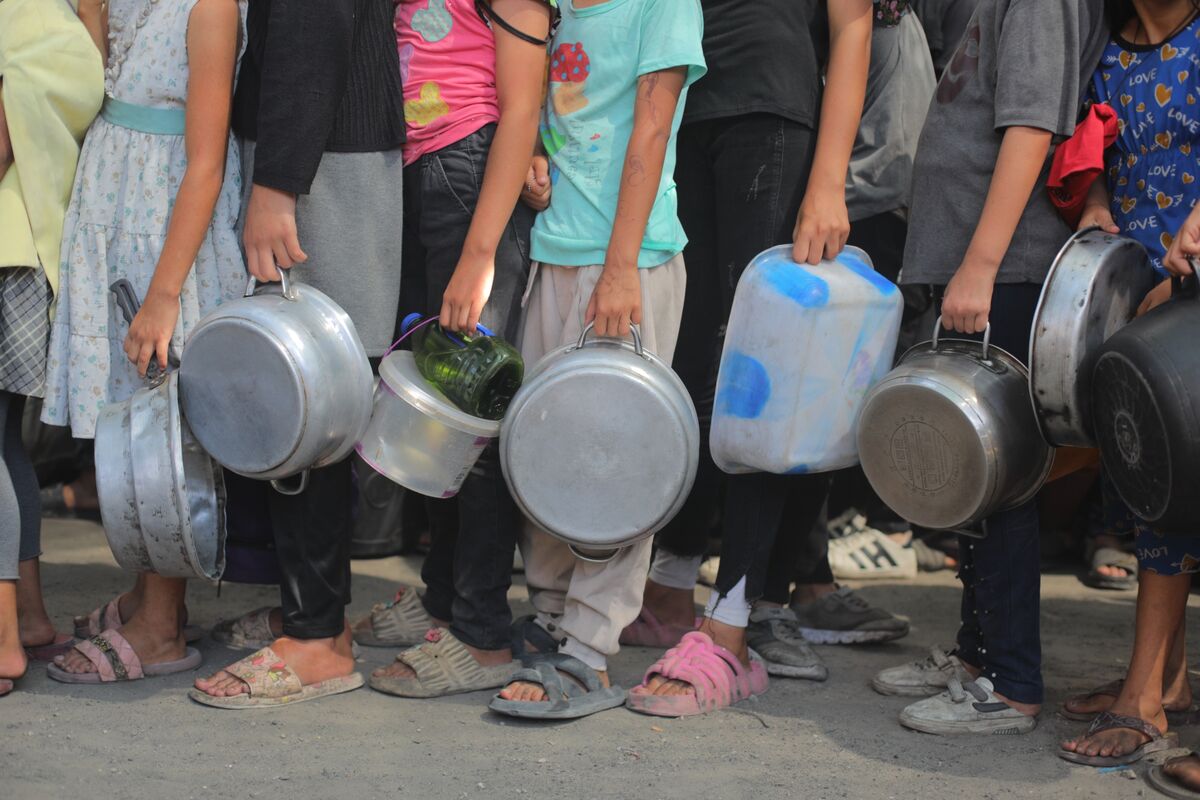
How Famine in Gaza, Sudan Triggers Chronic Disease Risk for Generations
In the final months of World War II, a Nazi blockade cut off food supplies to the western Netherlands. From November 1944 to May 1945, rations fell to a starvation level of 400-800 calories a day — a period remembered as the Dutch Hunger Winter.
Tens of thousands died, but the full scale of the disaster only became clear decades later, when researchers traced the long-term health of those exposed in the womb or as infants. Those “Hunger Winter” babies grew into adults more prone to heart disease, type 2 diabetes, obesity and faster cognitive decline. They were also more likely to suffer anxiety, schizophrenia and certain cancers. The damage extended to their children too — evidence that hunger leaves biological scars across generations.
First Appeared on
Source link






